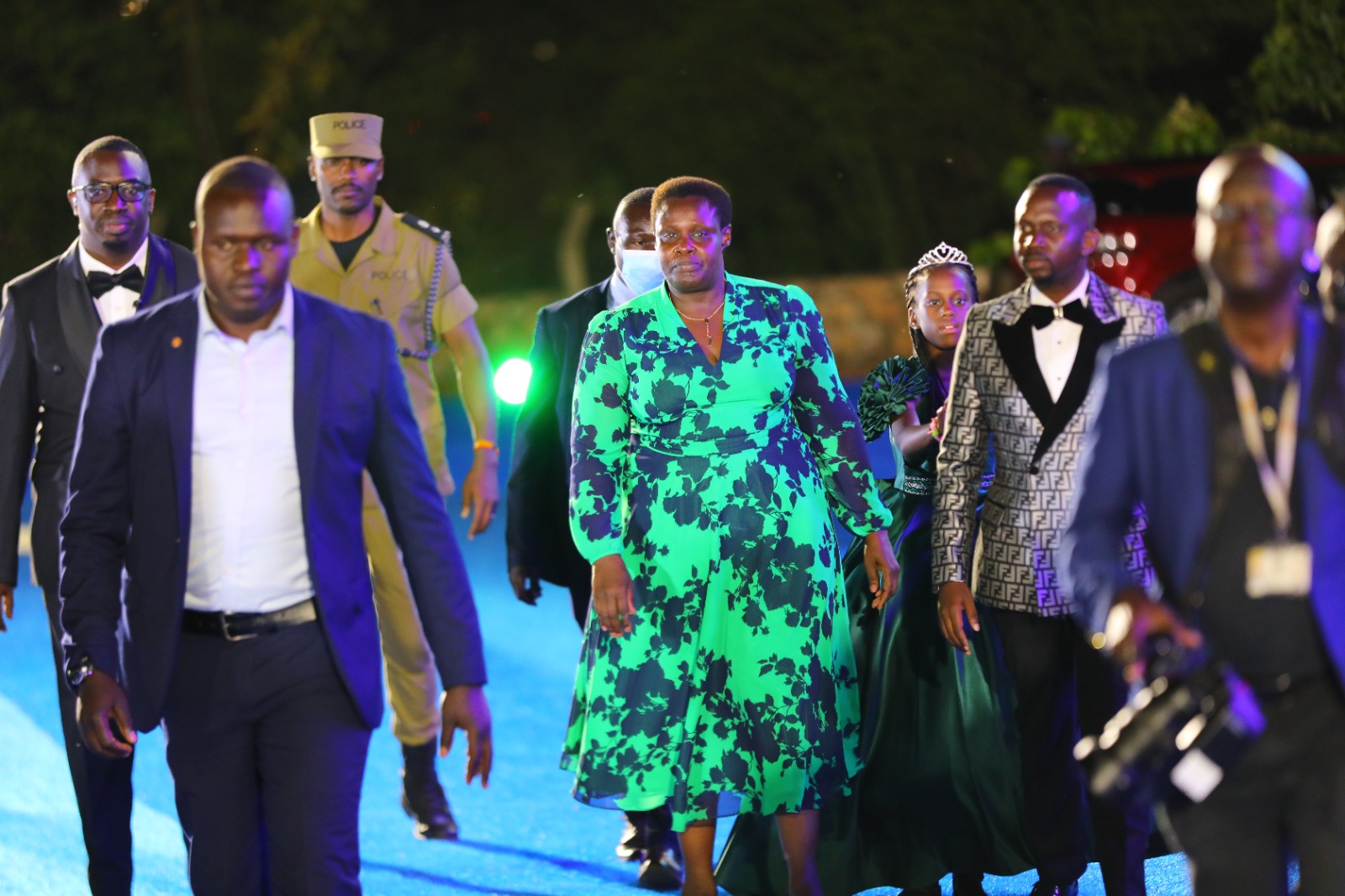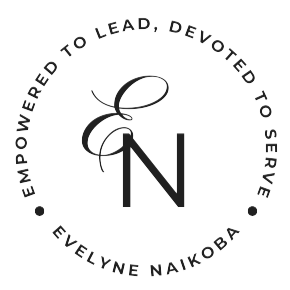Book Appointment Now

The Strategic Currency Of Honor In Modern Governance
Uganda offered an intriguing signal this week about the way nations position themselves for the future. Vice President Jessica Alupo, flanked by ministers, cultural leaders, and business figures, stood in collective recognition of a voice regarded as vital to the country’s trajectory. To many, it may have looked ceremonial. In reality, though, it was something far more consequential: the exercise of honor as a tool of governance.
For leaders operating at the highest levels, honor is not moral courtesy; it is strategic currency. It shapes legitimacy, builds alignment, and opens channels of influence that cannot be legislated into existence. Nations, like companies, succeed not only by executing policy or strategy, but by the choices they make in signalling what and who they are willing to recognise. Those signals ripple outward, setting the tone for partnerships, investment, and credibility.
Uganda’s moment illustrates how carefully calibrated acts of recognition can unify diverse constituencies, translate intangible values into national capital, and reinforce a country’s ability to attract opportunities that others overlook. It is a reminder that legitimacy is as much about posture as it is about performance.
For Africa and like nations competing in a volatile global landscape, it is clear to see that technical capacity alone will not secure long-term advantage. Countries master the economy of honor through recognizing and empowering their most catalytic voices, especially because these will be the ones that shape the partnerships, investment flows, and geopolitical relevance of the next generation.
In leadership circles, everyone understands the mechanics of power. What is less often articulated, but no less decisive, is how nations and organizations choose to exercise this age old principle of honor. Uganda has offered a live case study. The rest of us should be paying attention.



